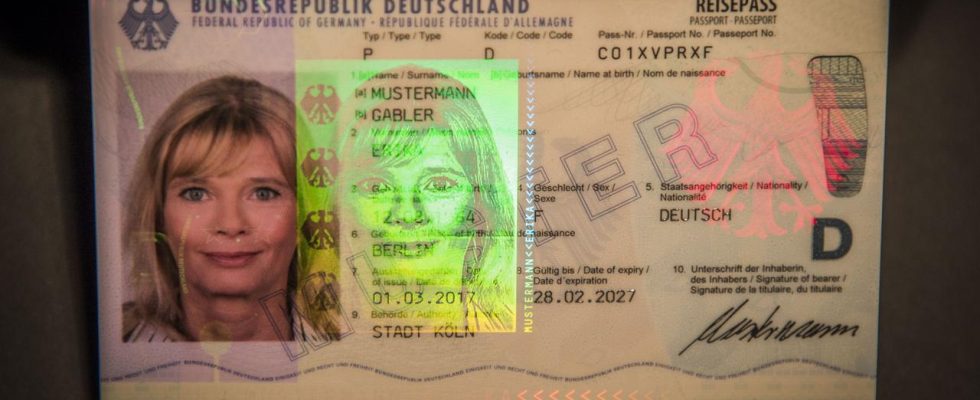During the holiday season, cybercriminals are targeting ID cards on the Internet. To do this, they usually hack online travel providers. Users who carelessly use their papers online are easy prey.
Just a few months ago, a German hotel chain experienced a worst-case scenario: a ransomware attack on its computer system. The perpetrators not only extorted ransom; they also stole IDs they offered on the dark web.
Chief Public Prosecutor Thomas Goger from the Cyber Crime Central Office in Bamberg has repeatedly observed major hacks on databases from which perpetrators obtain sensitive documents: “There have been several cases in recent years in which the databases of large hotel chains or rental car companies, for example have been hacked, the perpetrators have also come into possession of sensitive customer data.”
Bavarian State Criminal Police Office sounds the alarm
The Bavarian State Criminal Police Office is also concerned about the massive misuse of unsuspectingly uploaded ID cards over the Internet. The head of the Cyber Crime department, Evi Haberberger, is concerned about the almost endless possibilities for fraud – from hotel bookings with a stolen identity to purchases or alleged sales.
Haberberger warns that it’s even possible to open an account abroad with a scan of your ID or a copy: “If things go silly, the police will be at your door and say: You’re a money launderer. Your account in Poland is being used to collect money And then it’s actually very difficult to really prove to yourself that you’re not, that you didn’t open this account.”
Bogus offers by criminals
Cyber criminals also lure with bogus offers: this happened with a fake offer for football tickets for a Champions League game in Munich 2021. In response to a fraudulent advertisement, the victim not only sent money to the perpetrators via immediate transfer, but also sent his ID online at the same time , along with a personal photo.
A new scam, explains the investigator from the Munich police’s fraud department, who investigated this case. By demanding a personal photo of the victim, with an ID card in hand, criminals would give themselves the appearance of authenticity in the next online scam – along the lines of “Look, that’s really me”.
Digitization – i.e. scanning the front and back of the ID card – is legally permissible. However, the Federal Ministry of the Interior warns that “sending copies of ID cards via the open Internet is not recommended”.
traumatizing experiences are avoidable
Simone B. from Berlin experienced that. Your identity card, which was previously sent online, has been repeatedly misused for two years, for fake purchases and to open bank accounts. “It frightened me that I didn’t even know how much I as a person could be prosecuted for something, where my name is actually at first glance,” says Simone B.
Munich lawyer Marc Maisch, a specialist in cyber crime who is handling your case, advises you to report the incident to the police immediately. Otherwise an avalanche of trouble would roll towards the victims. “Demands were made, which we are now taking action against, because our client has not sold anything on the Internet. Psychologically, she is traumatized and may need to seek advice on this in order to relearn trust in communication.”
In order to prevent identity theft, you should check carefully: Is it even necessary to send an ID card online? And if so, then make a precise note on the copy: Why, for whom and when the copy is made. The Federal Ministry of the Interior points out: “The photocopy must be clearly and permanently recognizable as a copy”.

